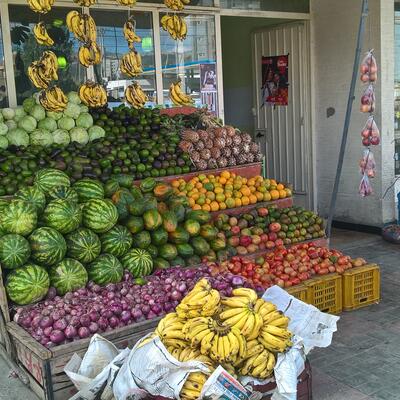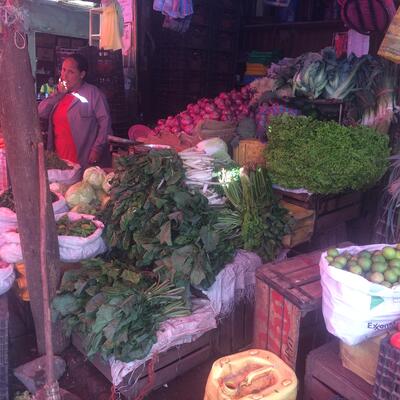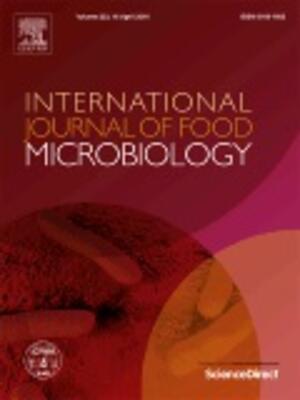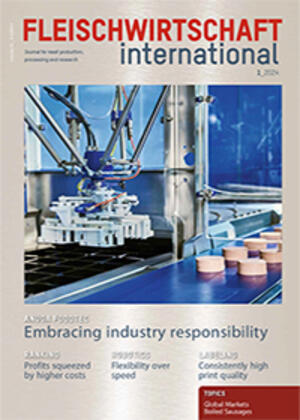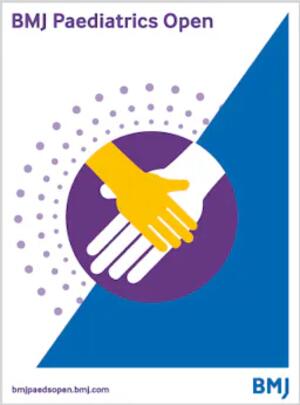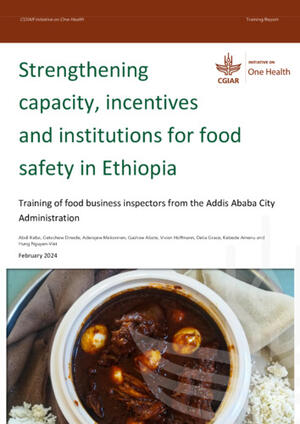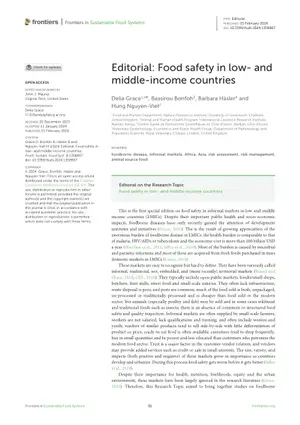
Creating greater consumer demand to improve food safety in Ethiopia
Foodborne diseases pose a serious public health threat. Globally, more than half a billion people fall ill every year from the food they eat. Ensuring food safety remains a major challenge worldwide.
Consumers play an important role in improving food safety by making the right choices when buying food and preparing it at home. Consumer pressure and demand for food safety is an unexploited lever to incentivize regulators and value chain actors to change their behaviour in many African countries, including Ethiopia. More attention should be given to the role consumers could play to ensure food safety in addition to building the capacity of market-level value chain actors and regulators in food safety in Ethiopia.
The Urban Food Markets in Africa – incentivizing food safety using a pull-push approach research project, led by the International livestock Research Institute (ILRI), investigates if greater consumer demand for safer food can be generated and so drive improvements in the hygiene and safety of the foods being sold.
From 2019 to 2021, the project carried out food safety field studies talking to consumers, retailers, producers and regulators of poultry and vegetables in Harrar and Dire Dawa. Some of the assessment results included:
- Consumers were concerned about food safety but despite most foodborne disease being caused by bacteria, consumers were most concerned about chemical contamination, for example, from pesticides or veterinary treatments.
- When we examined tomatoes from various sources in Ethiopia, we found that pesticide contamination was widespread although within international limits.
- Consumption of raw vegetables in salads was identified as a common potentially high-risk practice for exposure to pathogens, if hygiene during preparation is poor and tomatoes and lettuce used are not clean or in bad condition.
- People need to make good choices when buying their foods, choosing clean, healthy products, and then handle and cook them correctly with good hygiene.
- High-income consumers showed good knowledge of the nutritional value of foods and made good food choices.
- Low-income households had little choice and could only afford low-quality foods.
- The common food safety problems reported included lack of awareness, shortage of clean water, limited washing and low food safety standards and facilities along the food supply chain.
To address some of the gaps identified, the project launched a consumer communications campaign on 29 March 2022 in Harar and Dire Dawa. The campaign is aimed at generating consumer demand for safer food by increasing consumer awareness of specific food safety risks. It primarily targets women of low- and middle-income households with children aged below 10 years.
The project carries out other activities including estimating the burden of foodborne disease for Ethiopia, modelling the risk of foodborne disease, food survey of pathogen and pesticide prevalence and food safety training and support.
The research project is funded by the Bill & Melinda Gates Foundation and UK Aid from the United Kingdom government. In Ethiopia, the project is implemented in partnership with Addis Ababa University, Haramaya University, Wagningen University and Research, and the World Vegetable Center.






